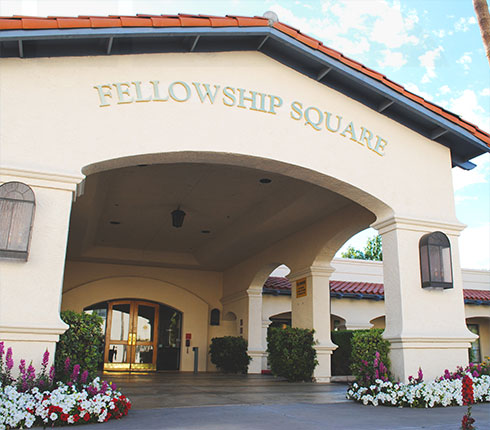How to Help Seniors Prevent Falls
 September 23 has been designated as Falls Prevention Awareness Day, an annual holiday dedicated to raising awareness on how to help prevent injuries in seniors due to falling. According to the National Council on Aging (NCOA), on this day “national, state, and local partners collaborate to education others about the impact of falls, share fall prevention strategies, and advocate for the expansion of evidenced-based community fall prevention programs.”
September 23 has been designated as Falls Prevention Awareness Day, an annual holiday dedicated to raising awareness on how to help prevent injuries in seniors due to falling. According to the National Council on Aging (NCOA), on this day “national, state, and local partners collaborate to education others about the impact of falls, share fall prevention strategies, and advocate for the expansion of evidenced-based community fall prevention programs.”
The NCOA reports that one in four Americans 65 and older falls every year, that falls are the leading cause of both fatal and non-fatal injuries in older Americans, and that every 11 seconds an “older adult is seen in an emergency department for a fall-related injury.” But it also notes that falls are preventable and can reduced through “practical lifestyle adjustments, evidence-based programs, and community partnerships.” The organization offers the following six tips for seniors and their caregivers to help them prevent falls.
Maintain a Routine Exercise Program — Exercise is a key factor in preventing falls because it builds balance, strength and flexibility in the body, all of which come in handy towards preventing falls or recovering from them.
See the Doc — Based on one’s own state of health and history of recent falls and more, seniors’ doctors can assess their risk of falling and help them with an individualized plan to help reduce these risks.
Talk about Meds — During that appointment and future ones, seniors and caregivers should also regularly review the medications they are taking to ensure side effects aren’t the cause of falls or making one at risk for them. It’s also important that medication use is properly administered as prescribed and monitored.
Make Sure Those Peepers and Ears are in Good Shape — In addition to visiting a general physician on a regular basis, the NCOA advises that seniors have their vision and hearing checked annually and update any eyeglasses or contacts prescriptions as needed. Keen sight and good hearing are essential for helping prevent falls.
Clear, and Light, the Way— Caregivers and loved ones can be helpful in keeping seniors’ home safe by removing any tripping hazards, increasing the lighting, installing grab bars where needed and ensuring stair cases are safe.
Make it a Family Affair — The NCOA notes that falls are not just a problem that affects seniors. The whole family can benefit from following the above steps to prevent falls at any age.
Whether on Falls Prevention Awareness Day or not, any day is a good day to practice fall prevention techniques and habits. For more information about Falls Prevention Awareness Day and fall prevention itself, visit www.ncoa.org.

